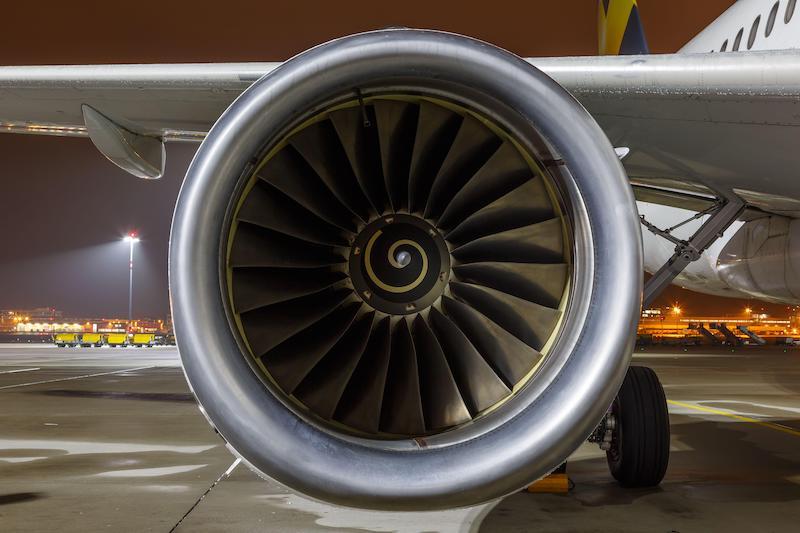
MIAMI—Airlines are keeping mature fleets longer than expected due to several factors—including high travel demand, delayed new aircraft deliveries and technical problems with new engines—which is leading them to extend engine leases on those aircraft.
Aero Capital Solutions completed around 150 transactions last year. The theme was “extensions, extensions, extensions,” says Luke Sharpe, the lessor's VP of engine leasing, who was speaking at Aviation Week’s Engine Leasing, Trading & Finance Americas event.
The leasing arm of MTU Maintenance, whose core business is short- and medium-term engine leasing, agrees. It has seen lease terms expand past the 4-6 month terms that existed before the COVID-19 pandemic. However, airlines’ motivations have changed, says Fabrizio Laurenti, head of leasing at MTU Maintenance Lease Services.
Initially airlines started extending lease terms because “the pricing was very low and [they knew] that wouldn’t last forever,” Laurenti says. Prices have increased, but airlines are still seeking lease extensions or longer terms “to safeguard their operation,” he says.
Shannon Engine Support (SES), the AerCap-Safran joint venture that specializes in leasing CFM engines, is also seeing greater demand for leased engines. To meet this market need, SES is evaluating keeping engines longer, even though that would require an additional shop visit that it normally would not do. Given the high cost of heavy engine shop visits, its production planning group is evaluating the business case, says David Moloney, project manager at SES.
“It’s really juggling the portfolio to get the right fit for what we can get out of the asset,” Moloney says.
MTU Maintenance Lease Services already decided to induct more engines into the shop at its primary shareholder, MTU. Laurenti says that tie enables it manage slot availability and leverage used material.
Aero Capital Solutions has seen a “significant ramp up in demand” for IAE V2500 engines over the past 12-18 months, says Sharpe. This is partly down to service bulletins that “swallowed up a lot of available engines,” he adds.
Will the shortage of spare engines change anytime soon? Probably not in the near term, says Sharpe, who points to the Pratt & Whitney GTF groundings, which represent about 24% of that in-service fleet.
Due to teething problems with both the GTF and the Leap engines, “airlines are forced to extend aircraft” service life and leases, Laurenti says.
Polls during the event indicate problems plaguing the narrowbody engine market will continue to limit engine availability beyond 2026.





